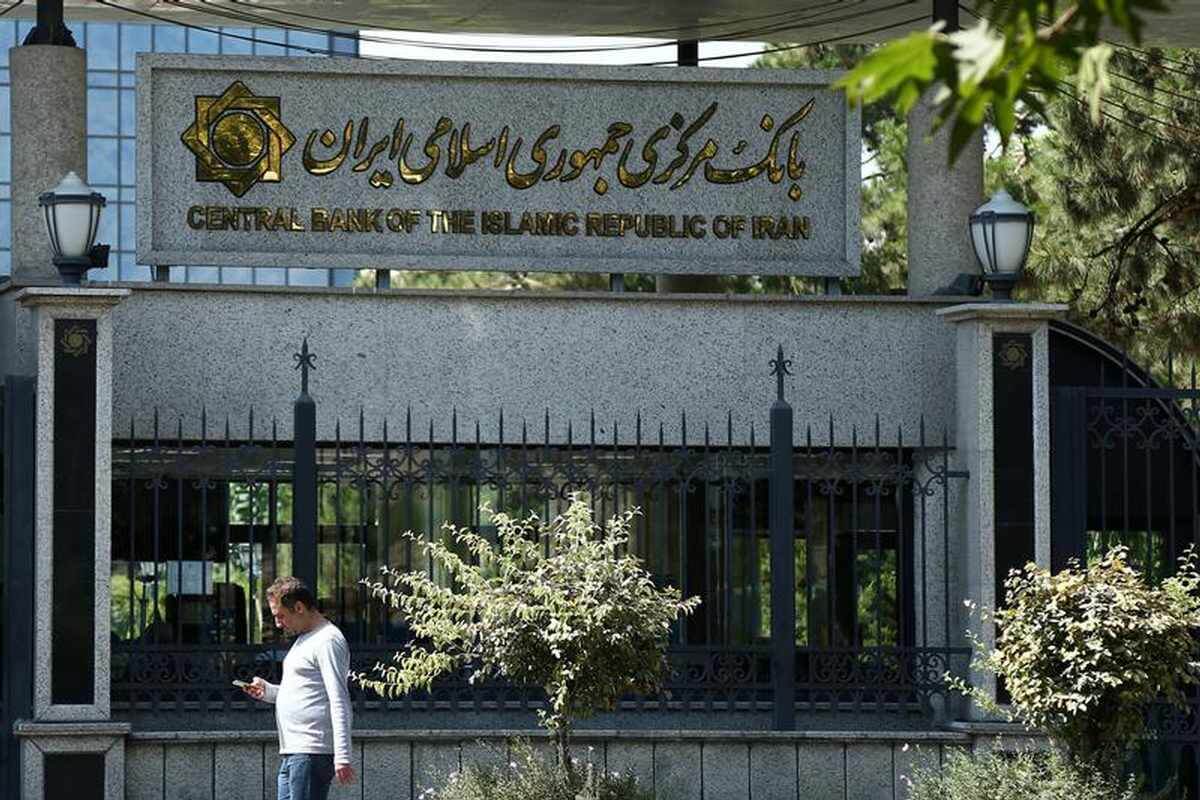On Monday, the Governor of the Central Bank of Iran (CBI), Abdolnasser Hemmat, met with the South Korean Ambassador to Iran Ryu Jeong-Hyun to discuss the way forward regarding the unfreezing of Iranian assets frozen in Korean banks. The two sides have successfully reached an agreement after weeks of negotiations.
In a statement released by the CBI following the meeting in Tehran, it said that “an initial agreement on transferring the frozen assets to specific destinations, as determined by Tehran” had been reached. Meanwhile, the statement from the South Korean side said that Seoul was “ready to cooperate with Tehran in facilitating the release of Iranian funds… without any limits” from South Korean banks.
The Governor added that Korean banks have been “dissuaded” from cooperating with Iran by the United States’ (US) “maximum pressure” campaign against Tehran. Hence, he said, Tehran will be seeking “damages” from Seoul, for losses that it incurred due to the initial “non-cooperation” of Korean banks in freeing the assets. “Although Iran welcomes the change in the approach of countries and increase in cooperation, the legal pursuits of this bank (CBI) to claim damages due to non-cooperation of Korean banks in recent years will remain strong,” he said. It is unclear what “damages” the Governor is seeking compensation for, but assets frozen by South Korea are said to have hampered Iran’s ability to purchase COVID-19 vaccines.
Economic relations between Iran and South Korea took a downturn after South Korea froze $9 billion worth of Iranian funds in September 2019 in accordance with US sanctions on Iran over the development of its nuclear programme. In fact, Iran’s Foreign Minister, Javad Zarif, described the matter as the “biggest obstacle” to their bilateral relations.
In a diplomatic manoeuvre to negotiate for the unfreezing of the assets, Iran’s Revolutionary Guard Corps (IRGC) seized a tanker called the MT Hankuk Chemi that was flagged by South Korea in waters near Oman in January. The tanker was allegedly held for “environmental and chemical pollution concerns”, charges that the tanker operator denied. In addition, Iranian authorities also detained the vessel’s 20 crew members, which included five Koreans. In response, the South Korean Foreign Ministry demanded the immediate release of the crew members by Tehran, an order that Iran complied with earlier this month. In return, it negotiated for the unfreezing of its assets. Coincidentally, the seizure of the South Korean tank came against the backdrop of Tehran celebrating the one-year death anniversary of Iran’s top General Qassem Soleimani, who was killed by a US drone attack last year.
Although this recent agreement is expected to help the fraying Iran-South Korea relationship, US pressure regarding Iran’s nuclear programme will continue to strain ties as Tehran shows no signs of backing down. The standoff between the two sides continues to taint the successful revival of the 2015 Joint Comprehensive Plan Action (JCPOA) nuclear agreement signed by Iran with China, France, Germany, Russia, the United Kingdom (UK), and the United States (US). While American President Joe Biden has reiterated his commitment to rejoin the JCPOA, he also called upon Iran to take the first step and ensure full compliance. However, Iran continues to insist that the US make the first move and rejoin the accord along with withdrawing the economic sanctions. Tehran currently enriches its uranium stockpile up to around 4.5%, which is above the 3.67% cap imposed by the JCPOA but far short of the 90% that is considered weapons-grade.
Iran and South Korea Reach Agreement To Unfreeze Iranian Assets in Korea
The governor of Iran’s Central Bank, Abdolnasser Hemmat, reached an agreement with South Korean Ambassador Ryu Jeong-Hyun to resolve the dispute regarding frozen Iranian assets in South Korea.
February 23, 2021

SOURCE: WANA NEWS AGENCY
